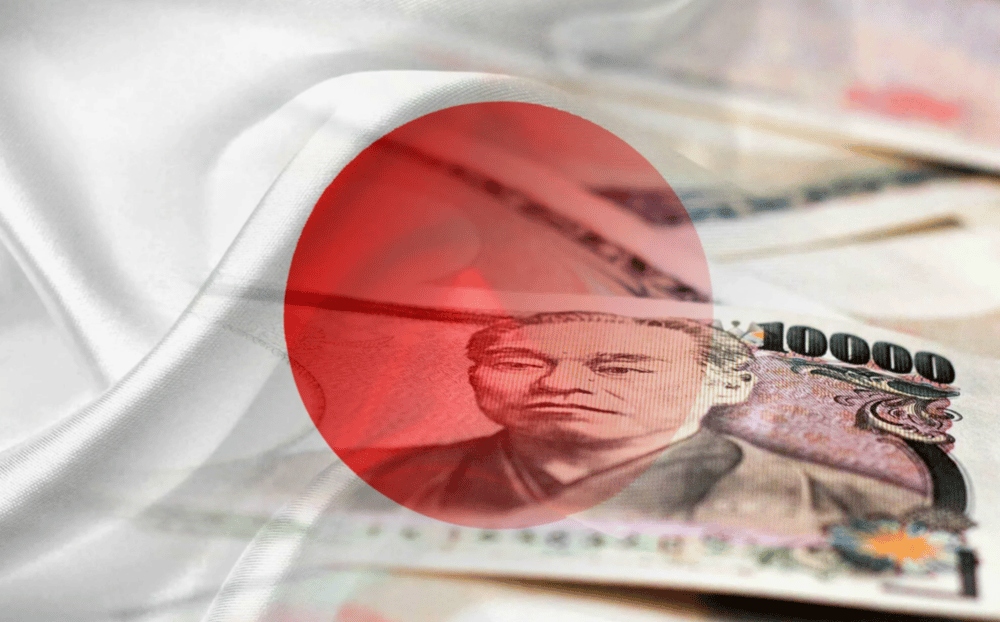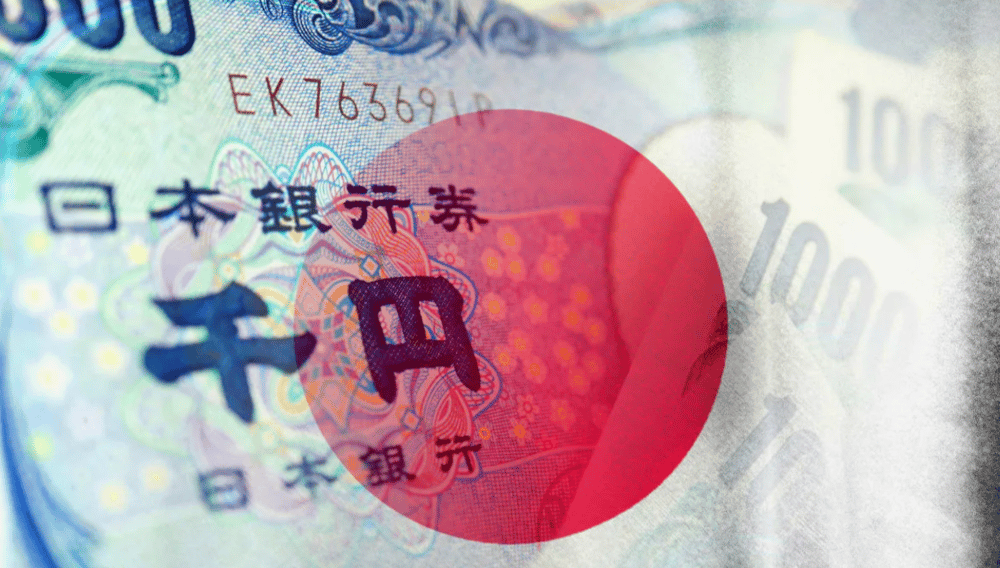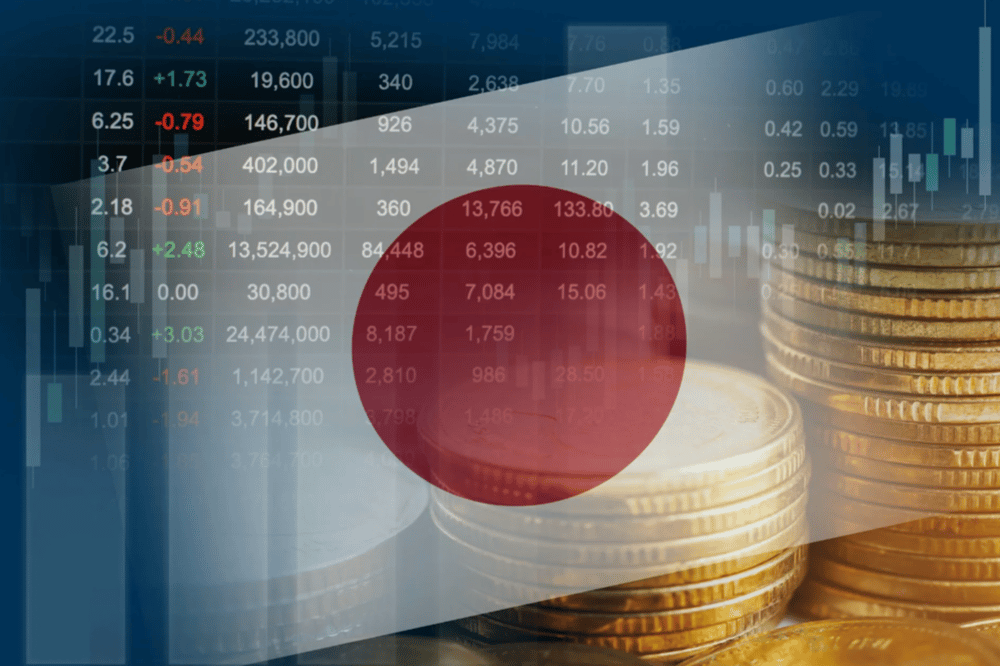Bank of Japan Signals Rate Hike as JPY Faces Inflation Pressure from Rising Food Prices
The Bank of Japan (BoJ) is confronting rising inflationary pressures as food prices continue to climb, potentially pushing core inflation above the central bank’s longstanding 2% target. In a recent speech at a BoJ-hosted conference, Governor Kazuo Ueda warned that persistent increases in food costs may elevate the core consumer price index (CPI), a key measure used to guide monetary policy.
While Japan's benchmark interest rates remain among the lowest in the world, the BoJ’s tone has shifted. The central bank is signaling a willingness to continue raising rates if inflation expectations—which are already at their highest levels in three decades—show signs of further entrenchment.
Ueda Hints at Tighter Policy as CPI Nears 2% Target
Governor Ueda’s remarks highlight a pivotal shift in the BoJ’s policy stance, which for decades has been defined by ultra-low interest rates and aggressive monetary easing. Japan’s core inflation, historically subdued due to weak wage growth and deflationary tendencies, has recently approached the central bank’s target due to external shocks and domestic price pass-through—especially in food.
The BoJ is carefully monitoring the risk that inflation, once seen as elusive in Japan, could become persistent. A particular focus is now on expectations-based inflation, where households and firms adjust their behavior based on projected future price changes. According to Ueda, these expectations now range between 1.5% and 2%, the highest in 30 years.
Further rate hikes may be warranted if the BoJ determines that the inflation trajectory is no longer transitory and is being sustained by structural or supply-side drivers such as currency depreciation (JPY weakness), commodity shocks, or fiscal policies.

Key Facts
Core inflation in Japan is nearing the BoJ’s 2% target
Food prices are a major contributor to upward price pressure
Inflation expectations have risen to 1.5%–2%, a 30-year high
BoJ interest rates remain among the lowest globally
Governor Kazuo Ueda signaled possible further rate hikes
Extended Outlook: Market Reaction and Policy Implications
Currency and bond markets have already begun pricing in a modest shift in the BoJ’s monetary posture. The Japanese yen (JPY), while still under pressure against the U.S. dollar (USD), has seen reduced volatility in recent sessions, as traders speculate on a gradual normalization of Japanese rates.
Equity markets in Tokyo (Nikkei 225 Index) responded cautiously to Ueda’s comments, with financials gaining on potential interest margin expansion, while rate-sensitive sectors such as real estate underperformed.
Market analysts note that a prolonged rise in inflation expectations could prompt the BoJ to abandon its long-standing yield curve control (YCC) policy altogether. This would represent a landmark change in Japan’s post-deflation monetary strategy.

Key Takeaways
BoJ Warning: Governor Ueda raised concerns about food-driven inflation passing through to core CPI.
Expectation Shift: Public inflation expectations have hit a 30-year high, posing a challenge to the BoJ’s accommodative stance.
Rate Policy Outlook: A continuation of the current trend could justify additional interest rate hikes.
Market Reaction: JPY stabilized as markets recalibrated rate hike expectations; mixed response from equities.
Structural Reassessment: The BoJ may reassess the future of YCC and its overall framework if inflation persists.
Japan’s Monetary Regime Enters a Transitional Phase
Kazuo Ueda’s remarks serve as a potential inflection point for Japanese monetary policy. With core inflation near the 2% mark and food prices showing no sign of abating, the BoJ must weigh the risks of doing too little versus acting prematurely. As inflation expectations rise and the policy divergence between Japan and other G7 nations narrows, the path toward rate normalization becomes increasingly plausible.
The next moves by the BoJ will likely depend on upcoming inflation prints and wage data. However, the message is clear: Japan’s low-rate era is under increasing scrutiny, and the policy narrative may shift sooner than markets anticipate.















Comments